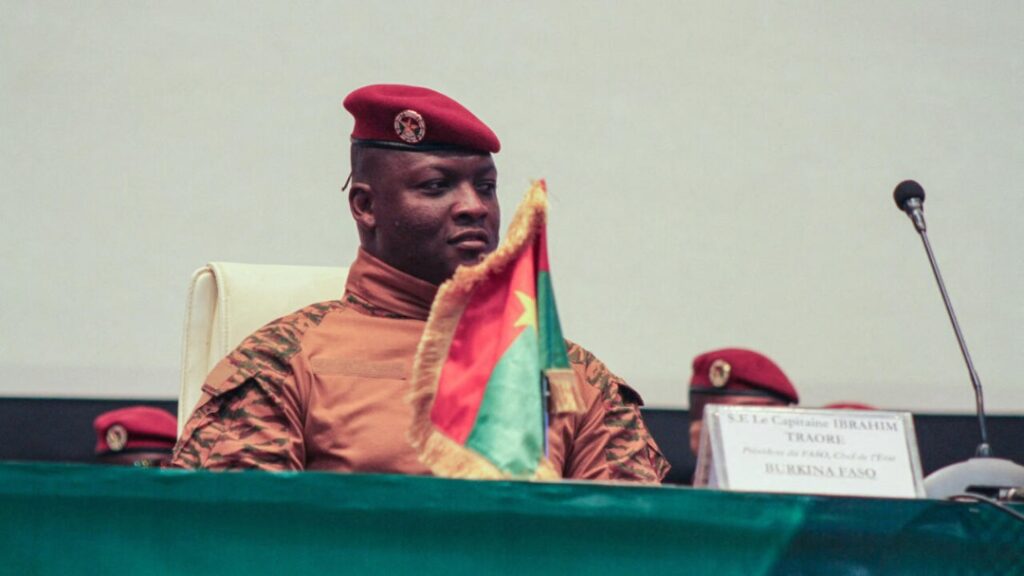By John Ogunsemore
The government of Burkina Faso has announced the elimination of visa fees for all African nationals, a move aimed at promoting continental integration and facilitating the free movement of people across Africa.
The decision, finalised during a Council of Ministers meeting presided over by the nation’s leader, Captain Ibrahim Traoré, aligns with the country’s pan-Africanist vision and seeks to boost economic, cultural, and tourism exchanges.
“From now on, any citizen from an African country wishing to go to Burkina Faso will not pay any amount to cover visa fees,” Minister of Security, Mahamadou Sana said.
However, Sana said African travellers still need to submit an online visa application for review and approval, but no fees would be charged to facilitate the process.
The policy, effective immediately, places Burkina Faso alongside nations like Kenya, Ghana and Rwanda, which have also relaxed visa requirements for African citizens to foster regional connectivity.
The policy shift is grounded in the 2025 revised budget law and reflects the government’s broader goal of enhancing the country’s visibility and supporting local economies through increased tourism and trade.
In a statement, the junta’s information service said the new policy “for African nationals will also help promote tourism and Burkinabe culture, and improve Burkina Faso’s visibility abroad.”
The decision comes amid Burkina Faso’s push for sovereignty and self-reliance, following the scrapping of a 1961 military assistance agreement with France in 2023 and the adoption of an electronic visa platform in August of the same year.
While the move has been welcomed as a step toward dismantling colonial-era barriers, it remains unclear how it will impact Burkina Faso’s relations with neighbouring countries, particularly amid regional security challenges.
Burkina Faso joins a growing number of African nations advocating for visa-free travel to achieve the African Union’s Agenda 2063 goal of seamless continental mobility.
However, analysts note that the success of such policies depends on robust implementation and reciprocal actions from other African states.


